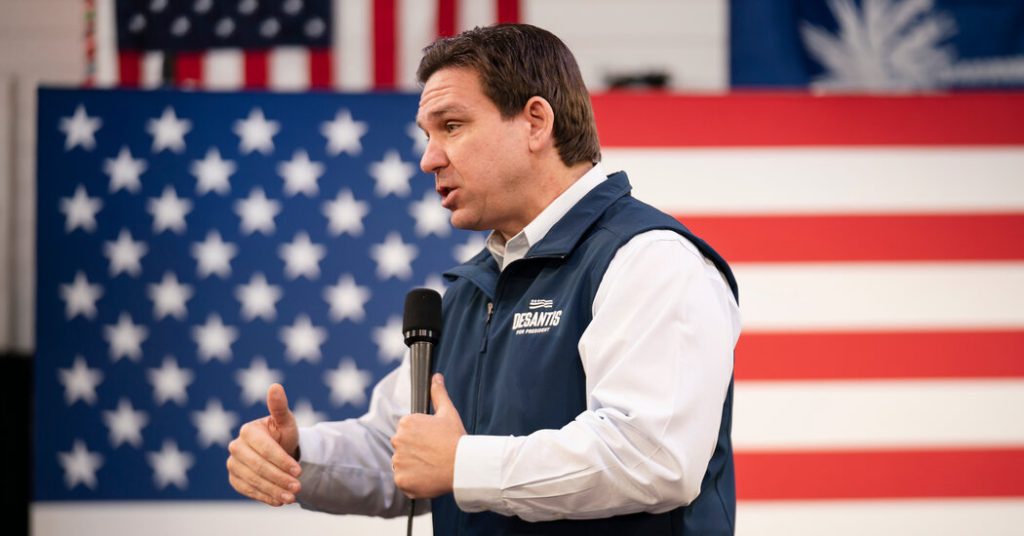Gov. Ron DeSantis of Florida signed into law a ban on abortions after six weeks of pregnancy as part of a cultural conservatism push ahead of his anticipated run for president in 2024. The move, which took effect in April, was seen as an attempt to appeal to Republican primary voters in states like Iowa. However, polls showed broad opposition to such a strict law in Florida itself. DeSantis dropped out of the presidential race in January, with voters in several states opting to protect or expand abortion rights.
A proposed constitutional amendment, known as Amendment 4, will go before Florida voters in November, seeking to allow abortions up to about 24 weeks or before viability. The amendment would need more than 60 percent support to pass, and there is organized opposition characterizing the language as too far-reaching. Some Republicans have raised concerns that DeSantis’s pursuit of divisive policies ahead of his presidential run may be moving the state further away from its diverse electorate.
The governor and Republican lawmakers have pursued fewer culture wars during this year’s legislative session, making it harder for residents to file book challenges in schools and settling a lawsuit over a law prohibiting instruction on sexual orientation and gender identity. National Democrats see the abortion ballot measure as an opportunity to put Florida in play, though they face a substantial voter registration disadvantage. President Biden and Vice President Harris have commented on the state ban, with DeSantis welcoming their spending but predicting Republican victories in Florida.
Before DeSantis enacted a 15-week abortion ban in April 2022, Florida permitted abortions up to 24 weeks due to a legal precedent set by the state Supreme Court in 1989. The court, now conservative and appointed mostly by DeSantis, reversed that position on April 1. Despite the 15-week ban, there was an increase in abortions in Florida last year, as women from Southern states with stricter laws traveled there for the procedure. Organizations like the Florida Access Network saw a rise in requests for support as the countdown to the six-week ban began.
The state of Florida has a diverse electorate, with many residents holding more liberal or libertarian views on cultural issues. Despite electing Republicans, Florida has approved ballot proposals including raising the minimum wage, restoring felons’ voting rights, and legalizing medical marijuana. Critics argue that DeSantis’s focus on divisive policies ahead of his presidential run has led to a lack of alignment with the state’s diverse population. While the outcome of the abortion ballot measure in November will be significant, the impact of abortion policy on the upcoming election remains uncertain.


